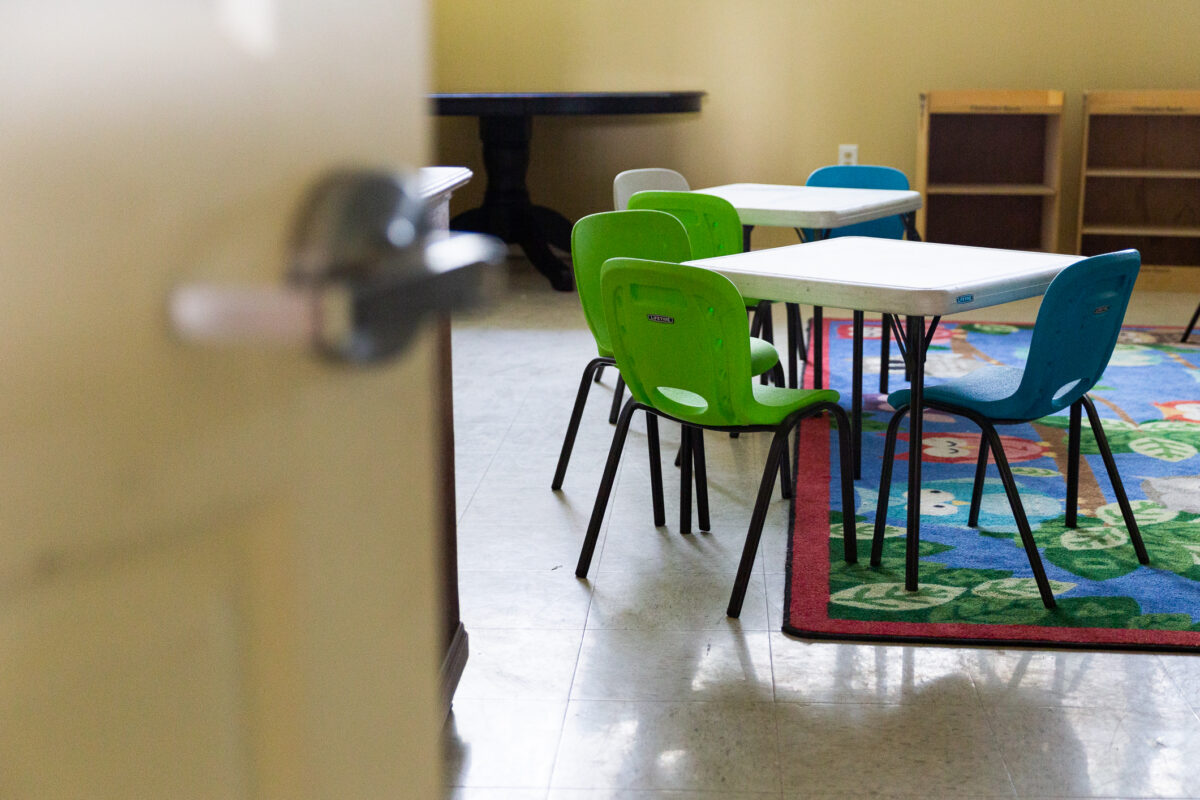Recent surveys have indicated a growing concern among U.S. citizens about the financial impact of inflation. According to a recent poll, 61 percent of Americans are now stating that the rising costs have been causing financial difficulties, a notable jump of six percent from the previous survey carried out in November 2022.
This figure is the highest reported since Gallup began polling on this measure in 2021.
According to a recent poll, 15 percent of adults in the United States categorize the hardships instigated by inflation as “severe,” impacting their ability to uphold their current living standards. Meanwhile, 46 percent of respondents termed their hardship as “moderate” and stated it did not threaten their standard of living.
Back in November 2021, 45 percent of adults in the United States reported financial hardships due to inflation, which marginally rose to 49 percent by the beginning of 2022. Following this, the U.S. inflation rate saw a steady increase and reached a four-decade high of 9.1 percent in June 2022. As a result, the percentage of Americans reporting inflation as a source of hardship rose to 56 percent in August and held steady in November.
The current high levels of financial strain reported by U.S. adults, surveyed from April 3–17, persist even though the inflation rate has recently seen its lowest point in two years. This suggests that the compounded effect of high prices over the past two years has left a substantial impact on consumers.
According to the organization, in terms of income demographics, lower-income Americans have been disproportionately affected by inflation. Three-quarters of adults earning less than $40,000 annually reported at least moderate hardship due to inflation, with 29 percent categorizing it as severe. Comparatively, 65 percent of middle-income adults and 45 percent of upper-income adults reported experiencing hardship due to rising prices.

Peter Navarro, a former adviser to President Donald Trump, responded to these worries in a recent interview, attributing the crisis to the current administration’s financial policies.
“The root cause of this impending banking crisis is Joe Biden’s inflation,” Navarro told The Epoch Times, criticizing the Federal Reserve’s abrupt increase in interest rates. “This, coupled with a bailout of unprecedented proportions, is set to generate further inflation, hindering efforts to solve the issue using Federal Reserve policy alone.”
Navarro suggested that the Fed should have urged Biden to rein in spending to counteract inflation. He voiced grave concerns about the commercial real estate market, which he sees as a “ticking economic time bomb.”
A distinct Gallup telephone survey carried out from April 3–25 revealed that inflation was the leading financial issue for American families, vastly surpassing other concerns such as housing costs (11 percent), debt (9 percent), low wages (7 percent), and energy costs (5 percent). A record 35 percent of respondents identified inflation as their family’s primary financial problem, surpassing the previous record of 32 percent from the last year and nearly double the 18 percent reported in 2008.
Despite inflation recently slowing, the repercussions of prolonged high prices are still causing financial discomfort for Americans. With 61 percent of Americans indicating that inflation is causing them hardship, it remains their foremost financial concern. The recent minor reduction in inflation has done little to alleviate their financial burdens, hinting that more drastic price reductions are needed to ease the harmful effects of inflation. The lack of public confidence in economic leaders to address this issue effectively adds another layer of concern to this pressing problem.


















































